- Great Learning
- Free Courses
- Data Science
Probability for Data Science Free Course
Probability for Data Science
Enroll In Probability for Data Science free course and get a completion certificate. Plus, access over 1,000 additional free courses with certificates—just sign up for free!
Instructor:
Dr. P K ViswanathanProbability for Data Science
54.8K+ learners enrolled so far
Stand out with an industry-recognized certificate
10,000+ certificates claimed, get yours today!
Get noticed by top recruiters
Share on professional channels
Globally recognised
Land your dream job

Skills you will gain
Basics of Probability
Marginal Probability
Bayes Theorem
Key Highlights
Get free course content
Master in-demand skills & tools
Test your skills with quizzes
About this course
The Probability for Data Science course begins with introducing you to different concepts in probability. It then continues with inculcating in you the skills to work with marginal probability to solve problems that are events irrespective of the outcome of another value and the Bayes Theorem that deals with the probability of occurrence of events based on the occurrence of other events. You can refer to the attached study materials at any point after enrolling in the course and take up the quiz at the end to test your knowledge and understand your gains.
After completing this free, self-paced, beginner's guide to Probability for Data Science, you can register for top-rated Data Science Courses and embark on your Data Science career with a professional Post Graduate certificate and learn various concepts with millions of aspirants across the globe!
Course outline
Basics of Probability
This section includes answers to questions like what is probability? Why is there a need to learn probability? What are the rules of probability? You shall look at the application of probability later in this section.
Marginal Probability
You will learn about marginal probability and understand its features. The section also solves a problem when the condition is a margin to help you understand the concept better.
Bayes Theorem
The section begins with explaining what Bayes theorem is and then continues with helping you understand the concept with addition and multiplication rules. You will then work with a problem statement and derive a solution to it to understand the concept better.
Get access to the complete curriculum once you enroll in the course
Stand out with an industry-recognized certificate
10,000+ certificates claimed, get yours today!
Get noticed by top recruiters
Share on professional channels
Globally recognised
Land your dream job

Probability for Data Science

2.25 Hours
Beginner
54.8K+ learners enrolled so far
Get free course content
Master in-demand skills & tools
Test your skills with quizzes
Learner reviews of the Free Courses


5.0




Our course instructor

Dr. P K Viswanathan
Professor, Analytics & Operations
Data Science Expert
Dr. P K Viswanathan, currently serves as a professor of analytics at Great Lakes Institute of Management. He teaches subjects such as business statistics, operations research, business analytics, predictive analytics, ML analytics, spreadsheet modeling and others. In the industrial tenure spanning over 15 years, he has held senior management positions in Ballarpur Industries (BILT) of the Thapar Group and the JK Industries of the JK Organisation. Apart from executing corporate consultancy assignments, Dr. PK Viswanathan has also designed and conducted training programs for many leading organizations in India. He has degrees in MSc (Madras), MBA (FMS, Delhi), MS (Manitoba, Canada), PHD (Madras).
Noteworthy achievements:
- Ranked 12th in the "20 Most Prominent Analytics & Data Science Academicians In India: 2018".
- Current Academic Position: Professor of Analytics, Great Lakes Institute of Management.
- Prominent Credentials: He has authored a total of four books, three of which are on Business Statistics and one on Marketing Research published by the British Open University Business School, UK.
- Research Interest: Analytics, ML, AI.
- Patents: He has original research publications exclusively on analytics where he has developed modeling and demonstrated their decision support capabilities. These are: Modelling Credit Default in Microfinance — An Indian Case Study, PK Viswanathan, SK Shanthi, Modelling Asset Allocation and Liability Composition for Indian Banks.
- Teaching Experience: He has been teaching analytics for more than two decades but has been into active and intense teaching since analytics started witnessing a meteoric growth with the advent of R and Python.
- Ph.D. in the application of Operations Research from Madras University.
Frequently Asked Questions
Will I receive a certificate upon completing this free course?
Is this course free?
What are the prerequisites required to learn this Probability for Data Science course?
Before you start learning Probability for Data Science, you will need to know probability and data science concepts. With those basics earned, you are good to go to learn probability for a Data Science course.
How long does it take to complete this free Probability for Data Science course?
Probability for Data Science is a 1.5 hours long course, but it is self-paced. So, once you enroll, you can take your own time to complete the course.
Will I have lifetime access to the free course?
Yes, once you enroll in the course, you will have lifetime access to any of Great Learning Academy’s free courses. You can login and learn whenever you want to.
What are my next learning options after this Probability for Data Science course?
Probability for Data Science is a small topic in the more extensive domain of Data Science. After you have learned it, your next goal has to be to cover everything that falls under the bigger umbrella. Enroll in a professional Data Science course to explore more.
Why learn Probability for Data Science?
Probability is one of the exciting parts of data science and makes it an inseparable part. Probability has to be the first front foot for anybody interested in learning data science since its theories make the backbone.
What is Probability for Data Science used for?
Probability in Data Science is used to study the certainty of the outcome and to determine the flow of execution. Since the result cannot be predetermined, the experiment can be a chance of winning or otherwise; if the chances of expecting the desired outcome are higher considering all the data about the likelihood, then the experiment continues, or otherwise, it might need alterations and iterations.
Why is Probability for Data Science so popular?
Probability concepts rule specific areas of Data Science, like for data scientists, it assesses certainty of the outcome of an experiment. It helps plan, study, and execute the experiment under controlled conditions. Probability, thus, makes an essential element of Data Science.
What jobs demand that you learn Probability for Data Science?
The most in-demand job for any field in Data Science would be Data Scientist. The other job profiles include:
- Adjunct Faculty
- Predictive Modeling Analyst
- Data Architect
- Data Storyteller, and
- Machine Learning Analyst.
Will I get a certificate after completing this Probability for Data Science course?
Yes, you will get a certificate of completion after completing all the modules and cracking the assessment. The assessment tests your knowledge of the subject and badges your skills.
What knowledge and skills will I gain upon completing this Probability for Data Science course?
The free Probability for Data Science course covers different concepts in probability. It imbibes in you the skills to work with marginal probability, problem-solving, and the ability to work with concepts of Bayes Theorem, dealing with the probability of occurrence of events based on the occurrence of other events.
How much does this Probability for Data Science course cost?
The Probability for Data Science is a free course, and you can enroll and learn it for free online.
Is there a limit on how many times I can take this Probability for Data Science course?
Once you enroll in the Probability for Data Science course, you have lifetime access to it. So, you can log in anytime and learn it for free online.
Can I sign up for multiple courses from Great Learning Academy at the same time?
Yes, you can enroll in as many courses as you want from Great Learning Academy. There is no limit to the number of courses you can enroll in at once, but since the courses offered by Great Learning Academy are free, we suggest you learn one by one to get the best out of the subject.
Why choose Great Learning Academy for this Probability for Data Science course?
Great Learning Academy provides the Probability for Data Science course for free online. The course is self-paced and helps you understand various topics under the subject with solved problems and demonstrated examples. The course is carefully designed, keeping in mind to cater to both beginners and professionals, and is delivered by subject experts.
Great Learning is a global ed-tech platform dedicated to developing competent professionals. Great Learning Academy is an initiative that offers in-demand online courses to help people advance in their jobs. More than 4 million learners from 140 countries have benefited from Great Learning Academy's free online courses with certificates. It is a one-stop-place place for learners' goals.
Who is eligible to take this Probability for Data Science course?
Anybody with basic knowledge of computer science and interested in learning Data Science can take the course. You do not need any prerequisites to learn the course, so enroll today and learn it for free online.
What are the steps to enroll in this course?
Enrolling in any of the Great Learning Academy’s courses is just a one-step process. Sign-up for the course you are interested in learning through your E-mail ID and start learning them for free online.
Become a Skilled Professional with Pro Courses
Gain work-ready skills with guided projects, top faculty and AI tools, all at an affordable price.


View Course

Included with Pro+ Subscription

View Course

Included with Pro+ Subscription

View Course

Included with Pro+ Subscription


View Course

Included with Pro+ Subscription

View Course

Included with Pro+ Subscription


View Course

Included with Pro+ Subscription

View Course

Included with Pro+ Subscription
.jpg)
View Course

Included with Pro+ Subscription


View Course

Included with Pro+ Subscription


View Course

Included with Pro+ Subscription


View Course

Included with Pro+ Subscription




View Course

Included with Pro+ Subscription


View Course

Included with Pro+ Subscription


View Course

Included with Pro+ Subscription

View Course

Included with Pro+ Subscription
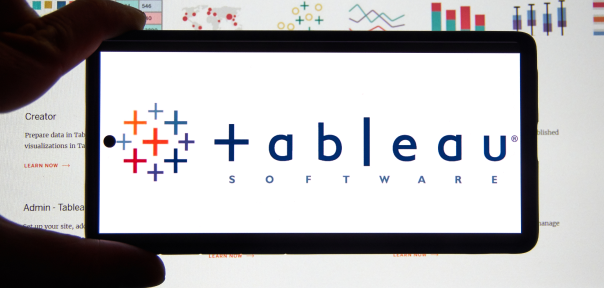
View Course

Included with Pro+ Subscription
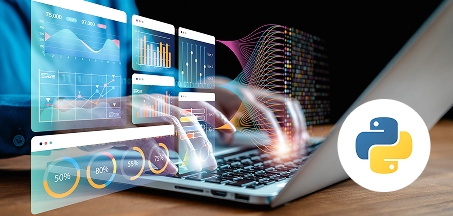
View Course

Included with Pro+ Subscription
.png)
View Course

Included with Pro+ Subscription

View Course

Included with Pro+ Subscription
.png)

View Course

Included with Pro+ Subscription

View Course

Included with Pro+ Subscription
.png)
View Course

Included with Pro+ Subscription
.png)
View Course

Included with Pro+ Subscription
.png)
View Course

Included with Pro+ Subscription

View Course

Included with Pro+ Subscription
.jpg)
View Course

Included with Pro+ Subscription
.png)
View Course

Included with Pro+ Subscription

View Course

Included with Pro+ Subscription
.png)
View Course

Included with Pro+ Subscription
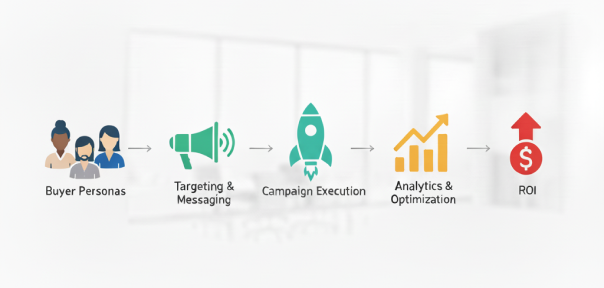
View Course

Included with Pro+ Subscription
.jpeg)
View Course

Included with Pro+ Subscription
.jpg)
View Course

Included with Pro+ Subscription

View Course

Included with Pro+ Subscription
.png)
View Course

Included with Pro+ Subscription
.png)
View Course

Included with Pro+ Subscription
.png)
View Course

Included with Pro+ Subscription
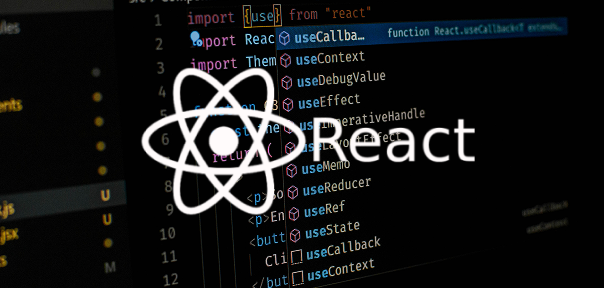
View Course

Included with Pro+ Subscription
.png)
View Course

Included with Pro+ Subscription
.png)
View Course

Included with Pro+ Subscription


View Course

Included with Pro+ Subscription


View Course

Included with Pro+ Subscription

View Course

Included with Pro+ Subscription

View Course

Included with Pro+ Subscription
.jpg)
View Course

Included with Pro+ Subscription

View Course

Included with Pro+ Subscription

View Course

Included with Pro+ Subscription







View Course

Included with Pro+ Subscription
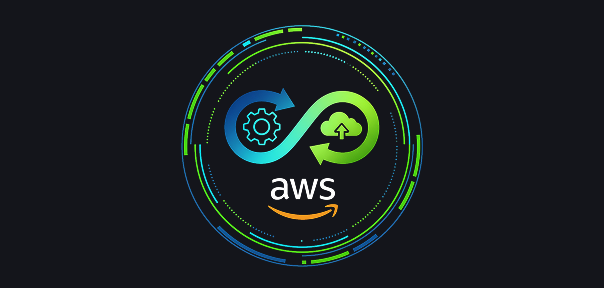
View Course

Included with Pro+ Subscription
.png)

.jpg)

.jpg)



View Course

Included with Pro+ Subscription
Popular


View Course

Included with Pro+ Subscription

View Course

Included with Pro+ Subscription

View Course

Included with Pro+ Subscription


View Course

Included with Pro+ Subscription

View Course

Included with Pro+ Subscription


View Course

Included with Pro+ Subscription

View Course

Included with Pro+ Subscription
.jpg)
View Course

Included with Pro+ Subscription
Microsoft Courses


View Course

Included with Pro+ Subscription


View Course

Included with Pro+ Subscription


View Course

Included with Pro+ Subscription




View Course

Included with Pro+ Subscription


View Course

Included with Pro+ Subscription
Data Science & ML


View Course

Included with Pro+ Subscription

View Course

Included with Pro+ Subscription

View Course

Included with Pro+ Subscription

View Course

Included with Pro+ Subscription
.png)
View Course

Included with Pro+ Subscription

View Course

Included with Pro+ Subscription
Cyber Security
.png)

View Course

Included with Pro+ Subscription

View Course

Included with Pro+ Subscription
.png)
View Course

Included with Pro+ Subscription
.png)
View Course

Included with Pro+ Subscription
.png)
View Course

Included with Pro+ Subscription
Management

View Course

Included with Pro+ Subscription
.jpg)
View Course

Included with Pro+ Subscription
.png)
View Course

Included with Pro+ Subscription

View Course

Included with Pro+ Subscription
.png)
View Course

Included with Pro+ Subscription

View Course

Included with Pro+ Subscription
.jpeg)
View Course

Included with Pro+ Subscription
.jpg)
View Course

Included with Pro+ Subscription
.jpg)
View Course

Included with Pro+ Subscription
.png)
View Course

Included with Pro+ Subscription

View Course

Included with Pro+ Subscription
 (1).jpg)
View Course

Included with Pro+ Subscription
.png)
View Course

Included with Pro+ Subscription
.png)
View Course

Included with Pro+ Subscription

View Course

Included with Pro+ Subscription
.png)
View Course

Included with Pro+ Subscription
IT & Software

View Course

Included with Pro+ Subscription
.png)
View Course

Included with Pro+ Subscription
.png)
View Course

Included with Pro+ Subscription
.png)
View Course

Included with Pro+ Subscription

View Course

Included with Pro+ Subscription
.png)
View Course

Included with Pro+ Subscription
.png)
View Course

Included with Pro+ Subscription


View Course

Included with Pro+ Subscription
.jpg)
View Course

Included with Pro+ Subscription

View Course

Included with Pro+ Subscription

View Course

Included with Pro+ Subscription

View Course

Included with Pro+ Subscription
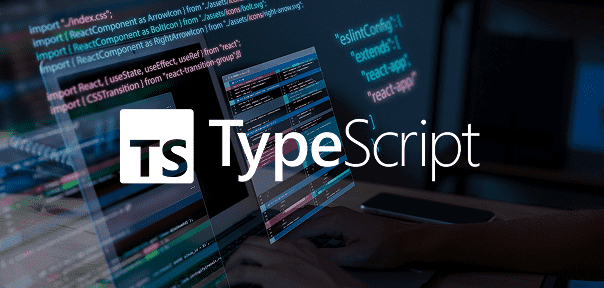
View Course

Included with Pro+ Subscription


View Course

Included with Pro+ Subscription

View Course

Included with Pro+ Subscription


View Course

Included with Pro+ Subscription

View Course

Included with Pro+ Subscription
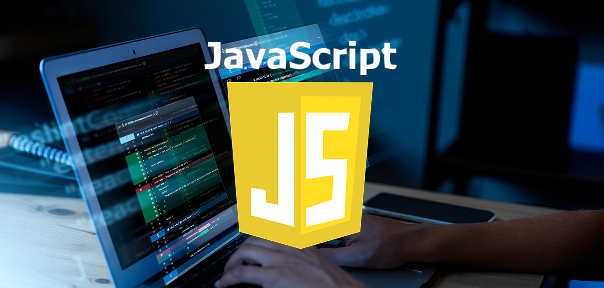
View Course

Included with Pro+ Subscription

View Course

Included with Pro+ Subscription

View Course

Included with Pro+ Subscription
 (1).png)
View Course

Included with Pro+ Subscription

View Course

Included with Pro+ Subscription
AI & Generative AI


View Course

Included with Pro+ Subscription

View Course

Included with Pro+ Subscription

View Course

Included with Pro+ Subscription
.jpg)
View Course

Included with Pro+ Subscription

View Course

Included with Pro+ Subscription

View Course

Included with Pro+ Subscription


Cloud Computing





View Course

Included with Pro+ Subscription

View Course

Included with Pro+ Subscription
.png)

.jpg)

.jpg)



View Course

Included with Pro+ Subscription
.png)
View Course

Included with Pro+ Subscription
.png)

View Course

Included with Pro+ Subscription


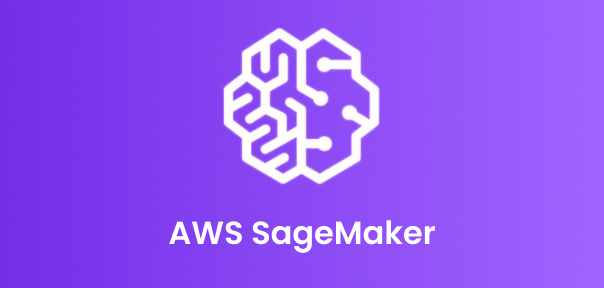

View Course

Included with Pro+ Subscription


View Course

Included with Pro+ Subscription
.png)

View Course

Included with Pro+ Subscription
Subscribe to Academy Pro+ & get exclusive features
$25/month
No credit card required

Learn from 40+ Pro courses
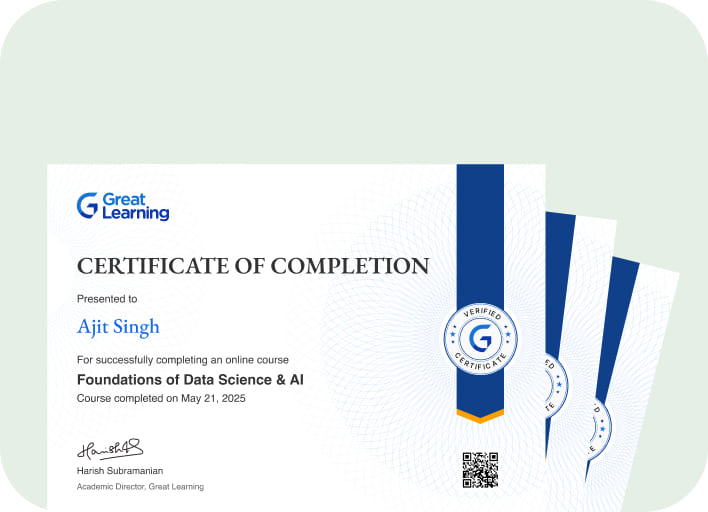
Access 500+ certificates for free
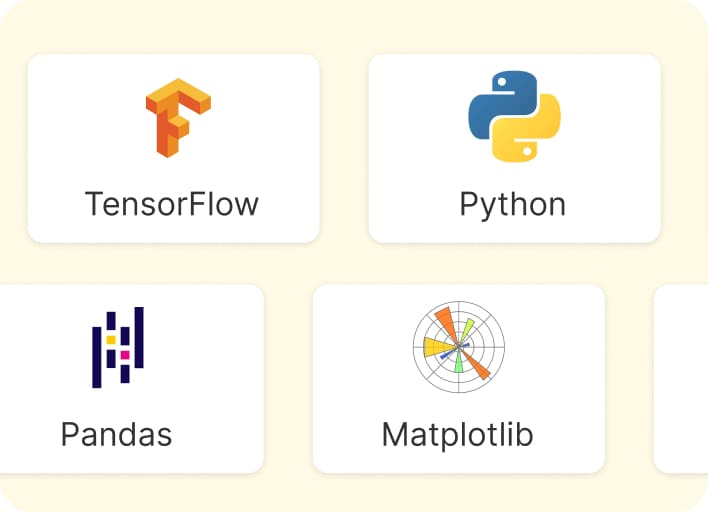
700+ Practice exercises & guided projects
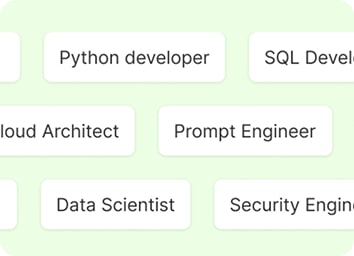
Prep with AI mock interviews & resume builder
Recommended Free Data Science courses




Similar courses you might like

.jpg)
.jpg)
.jpg)
Related Data Science Courses
-
Personalized Recommendations
Placement assistance
Personalized mentorship
Detailed curriculum
Learn from world-class faculties
50% Average salary hike -


12 weeks · Online
Know More
-


MIT Professional Education
Applied AI and Data Science Program14 Weeks · Live Online · Weekdays & Weekend
Know More
-


Deakin University
Master of Data Science (Global) Program24 Months · Online
Top 1% UniversityKnow More

















